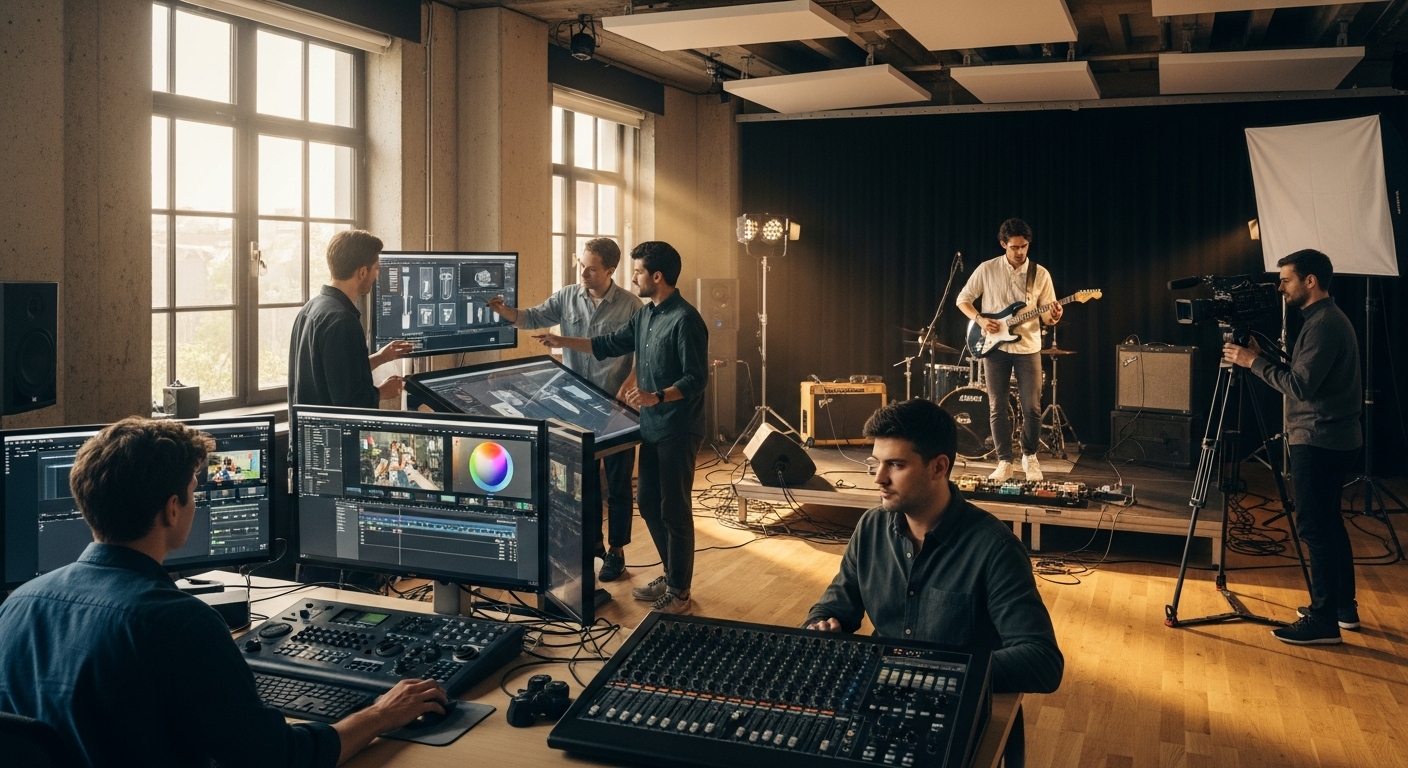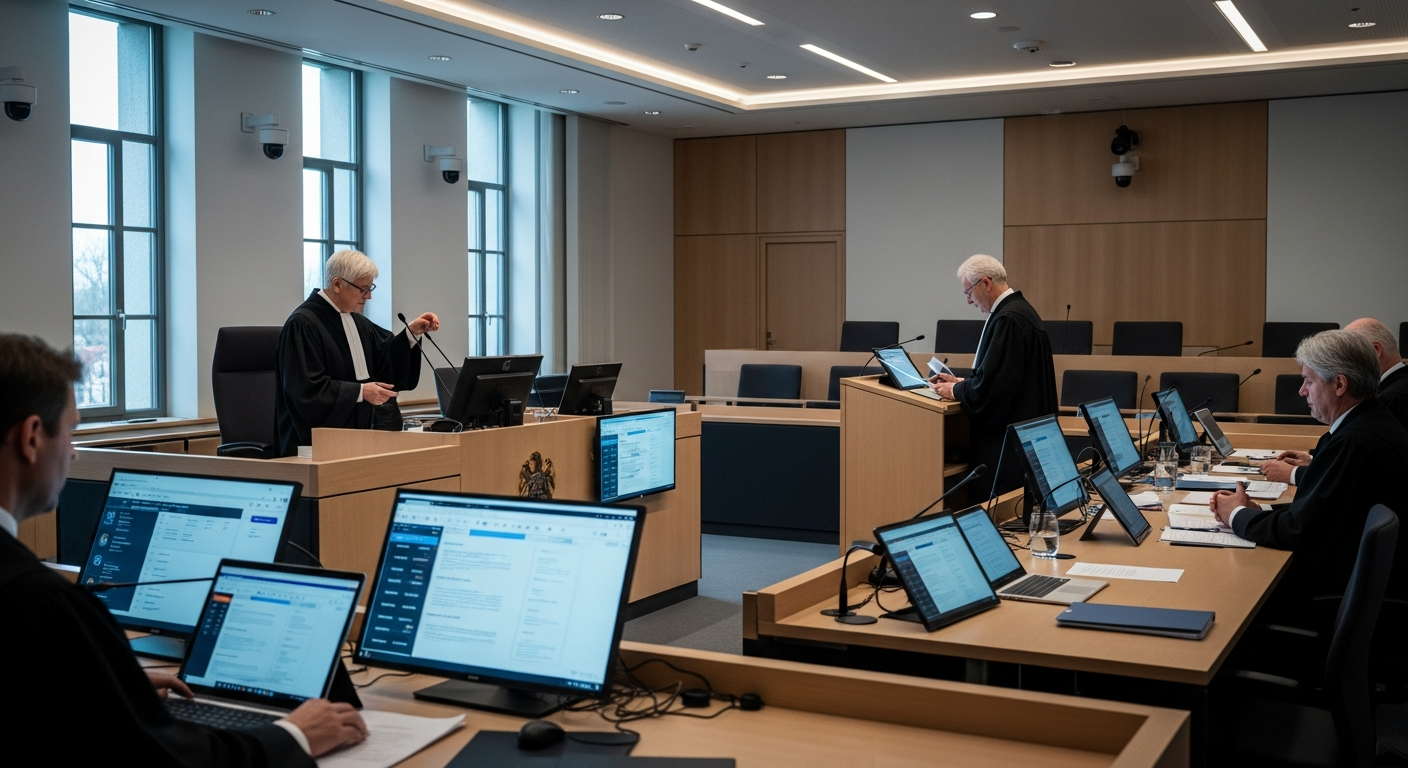Sonic Solidarity: The Rise of Cross-Generational Music Festivals
Tune in to the latest trend reshaping music culture and social connections. Cross-generational music festivals are breaking age barriers, bringing together diverse audiences in a harmonious celebration of sound. From nostalgic classics to cutting-edge beats, these events are redefining how we experience music and community. Read below to explore this fascinating phenomenon and its impact on society.

In recent years, a new trend has emerged: cross-generational music festivals. These events are designed to appeal to a wide range of age groups, from teenagers to baby boomers and beyond. This shift represents a significant departure from traditional festival models and reflects broader societal changes in how we view age and cultural participation.
Bridging the Generation Gap through Melody
Cross-generational music festivals serve as unique platforms for intergenerational dialogue and understanding. By bringing together people of various ages, these events create opportunities for shared experiences and mutual appreciation. Younger attendees gain exposure to classic acts and musical heritage, while older generations can discover and enjoy contemporary artists.
This musical melting pot fosters a sense of collective nostalgia and discovery. Grandparents might find themselves dancing alongside their grandchildren to a remix of a song from their youth, while teenagers might develop an appreciation for the artists their parents grew up listening to. This shared experience can lead to deeper family bonds and a greater sense of cultural continuity.
The Social Psychology of Shared Musical Experiences
Research in social psychology suggests that shared musical experiences can have profound effects on group dynamics and individual well-being. Cross-generational festivals tap into this phenomenon on a large scale. The act of listening to music together, regardless of age, can create a sense of collective effervescence – a sociological concept describing the feeling of joy and unity experienced in group settings.
Moreover, these events challenge age-related stereotypes and preconceptions. Seeing people of all ages enjoying the same music can help break down generational barriers and foster mutual respect. This exposure to diverse age groups in a positive, celebratory context can contribute to reducing ageism and promoting more inclusive societal attitudes.
Economic and Cultural Implications
The rise of cross-generational music festivals has significant economic implications for the entertainment industry. By appealing to a broader demographic, these events can potentially increase ticket sales and overall revenue. Additionally, they present unique marketing opportunities for brands looking to reach diverse age groups simultaneously.
From a cultural perspective, these festivals play a crucial role in preserving musical heritage while promoting innovation. They provide a platform for older artists to connect with new audiences and for emerging talents to gain exposure to seasoned music lovers. This cross-pollination of musical styles and influences can lead to creative collaborations and the evolution of new genres.
Challenges and Future Prospects
While cross-generational music festivals offer numerous benefits, they also face unique challenges. Balancing diverse musical tastes, ensuring appropriate facilities for all age groups, and managing potential generational conflicts require careful planning and execution. Festival organizers must navigate these complexities to create truly inclusive events.
Looking ahead, the trend of cross-generational music festivals is likely to grow and evolve. As society continues to redefine age norms and cultural participation, these events may become increasingly common and sophisticated. They have the potential to not only transform the music industry but also contribute to broader social cohesion and cultural understanding.
The phenomenon of cross-generational music festivals represents more than just a trend in event planning. It reflects a deeper societal shift towards intergenerational connection and shared cultural experiences. As these events continue to gain popularity, they offer a unique lens through which to examine changing social dynamics, cultural preferences, and the enduring power of music to unite people across age divides. In a world often marked by generational conflicts and misunderstandings, these festivals stand as beacons of harmony, reminding us that great music, like the human spirit, knows no age limits.






